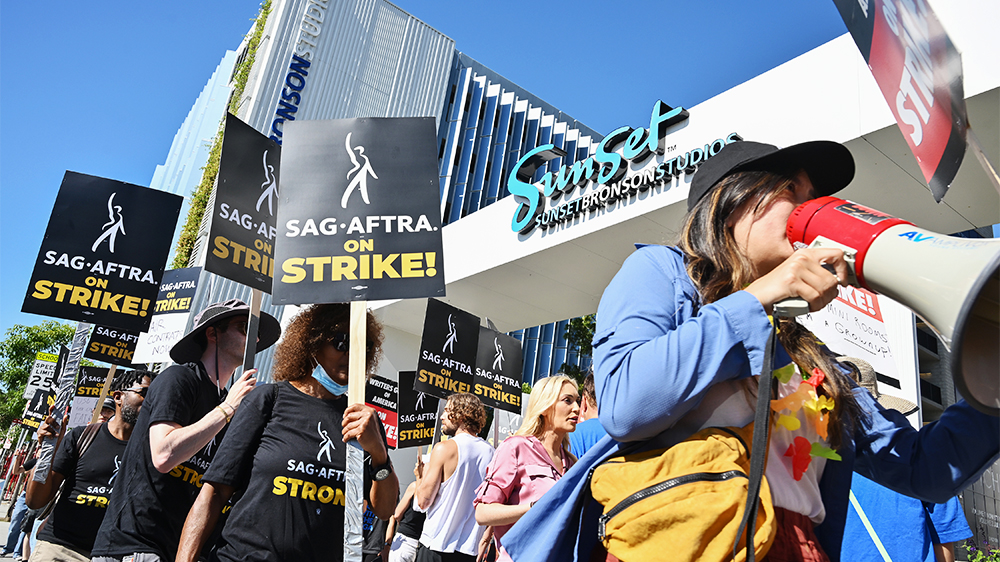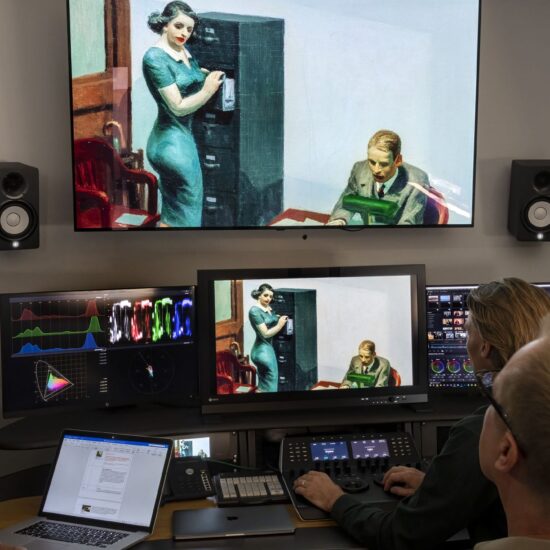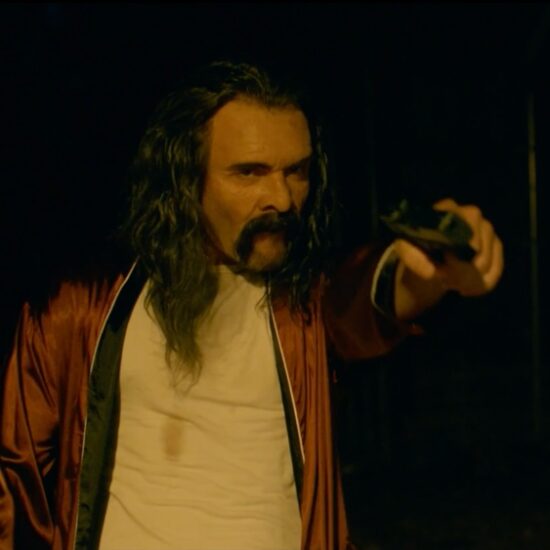
As the SAG-AFTRA strike gets underway, documentary filmmakers are still at work. But despite the fact that the dual strike by actors and their writer counterparts in the WGA could lead to gaps in narrative content for broadcast networks and streaming companies, the doc industry isn’t holding out much hope that studios will start flooding money into documentaries.
“There’s a feeling of solidarity and support for SAG and for the WGA,” says Bryn Mooser, founder of nonfiction film and television studio XTR. “The struggle they are facing is a struggle that doc filmmakers have also faced since the beginning of the industry on the documentary side, which is fair pay and making sure we are represented in the right way, et cetera. But if anybody thought that this would mean that (studios) will just shift resources to a different part of the industry like docs while this gets figured out, that’s not happening.”
In the last year and a half, the doc industry has had to grapple with shrinking budgets for commissioned docuseries and one-offs. In addition there has been a dramatic decline in distribution deals for indie docs.
“There is a glimmer of hope that the strike could mean a resurrected appetite for acquiring indie docs, but if I am reading the room correctly, I don’t think so,” says Annie Roney, founder of documentary distribution agency Roco Films. “The commercial streamers just don’t have the incentive to invest in anything that might challenge their audience.”
Mooser adds, “There is a real uncertainty about what is this industry is going to look like overall when this ends. So, there is real level of uncertainty and instability that can be felt through every single part of the entertainment industry, including documentaries.”
So far the writers strike, which began on May 2 has not resulted in broadcast networks or streaming companies turning to docus to fill any voids in their narrative content lineups. Unlike the 2007 writers strike, when networks cut seasons short and aired reruns, streamers have years worth of content in the pipeline along with international shows written by scribes outside the WGA.
“It seems like people are hoping that the writers strike has a similar effect to COVID in giving documentaries and nonfiction more opportunities because of the halt on production for fiction projects,” documentary producer, and the founder of Motto Pictures, Julie Goldman told Variety in May. “I think there are two key factors which will limit this situation: one is it’s unlikely that the strike will go on for a long time, and the other is that there was time to prepare because no one was taken by surprise.”
Although the writers strike largely shut down Hollywood this summer, the actors strike means that all production will now be forced to shut down completely. Prior to July 14, some projects managed to stay up and running by working off completed scripts and not having any writers on set — including big-budget productions like the second season of HBO’s “House of the Dragon.” Now with television and film production on an indefinite standstill, streamers could potentially benefit doc filmmakers.
It’s a possibility, according to Oscar nominated doc director Sam Pollard (“The League,” “MLB/FBI”).
“If this thing drags on for six to eight weeks, it may be an opening for the streamers, the HBOs and the Netflixes to say, ‘We need some product. Let’s reach out to these documentary people who are pitching us,’” says Pollard. “It might happen. We will see.”
Paul Scanlan, co-founder of Legion M, the industry’s first fan-owned media start-up, which produces narratives, unscripted and docus, also thinks that the strike could help documentaries.
“While I don’t foresee documentaries supplanting the role of major blockbuster theatrical releases, they can undoubtedly serve as important content for streaming platforms, contributing to the variety and helping retain subscribers,” Scanlan says. “However, one industry-wide apprehension we have is that alternative entertainment mediums like YouTube, TikTok, Instagram, and gaming could emerge as the main beneficiaries from the strike.”
In addition to shutting down all narrative production, the SAG-AFTRA strike means that SAG members will not be able to attend premieres, do interviews for completed work, go to awards shows, attend film festivals or promote projects on social media while the strike is in effect. This stipulation could mean that the upcoming Telluride, Toronto and New York film festivals, if they aren’t cancelled, will feature solely doc talent.
For Ryan Harrington, a curator at Jacob Burns Center in Pleasantville, N.Y., this strike will result in a significant shift in programming.
“As an art house distributor, we rely heavily on in-person events with studios who have fiction films with known talent who can attend screenings,” says Harrington. “Especially after COVID, it’s hard to get people back into theaters so having an event around a screening is super important. So, it’s going to be a bit more difficult for us now.”
Harrington is an Emmy-winning producer (“The Cave,” “Becoming Cousteau”) who has worked in the docu space for more than two decades. While Jacob Burns Center does screen docus, Harrington intends on ramping up the art house’s nonfiction lineup.
“I’m in complete support of the strike, but this does give us the opportunity to work with more documentary talent.”












